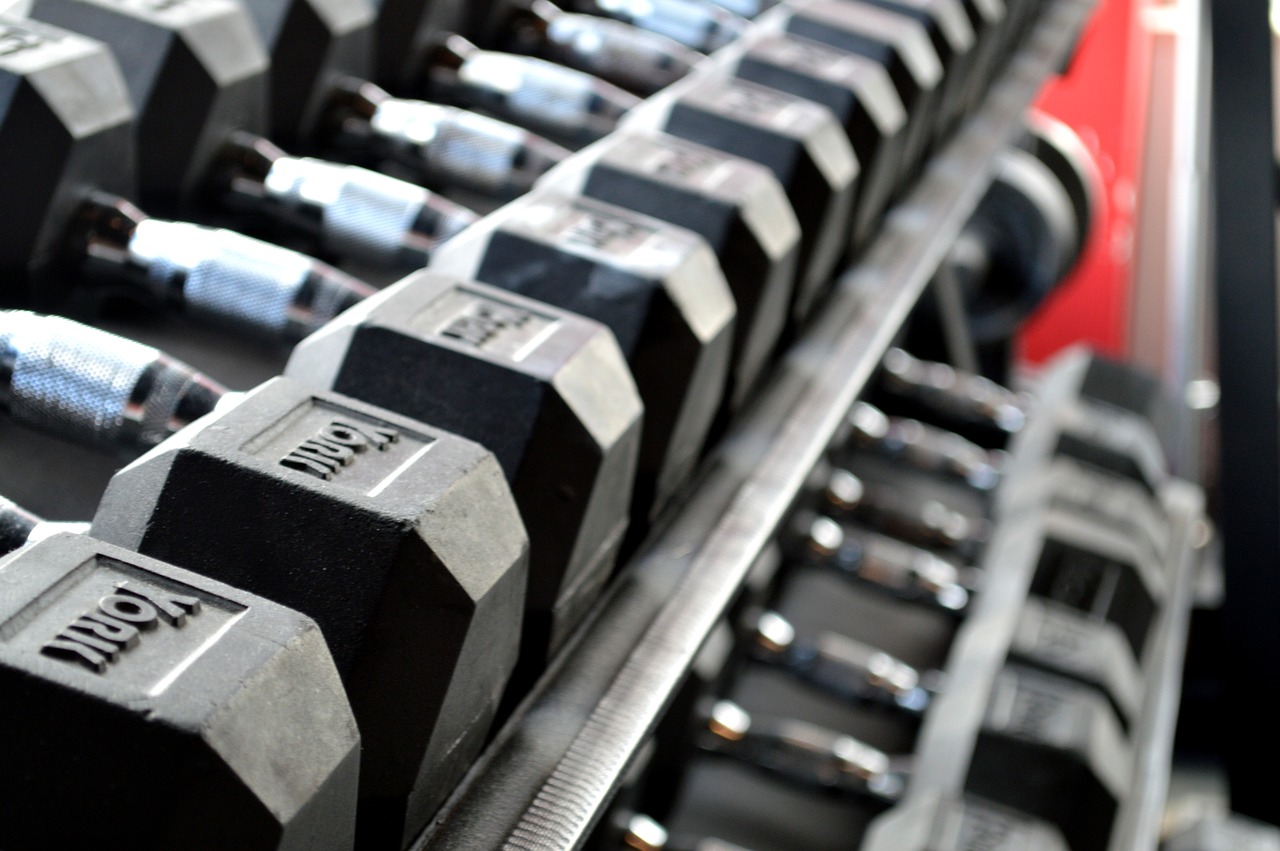 While daily doom scrolling, the algorithm understanding my frustrated state pushed the account @thisthingtheycallrecovery to my screen. Listening to Jenny, an amazing graphic designer and poet (who happens to be chronically ill) as she shared her poem, I could’ve sworn she was inspired by my rant book. “I used to be so active” she began, followed by descriptions of how she used to run, lift weights etc, and how much of a struggle it is to be still and to pick new hobbies that don’t require as much physical energy. Her words, “still when I’m frustrated it’s what my mind wants first – to move with quick momentum”, were like a trumpet bellowing my thoughts out for all to hear.
While daily doom scrolling, the algorithm understanding my frustrated state pushed the account @thisthingtheycallrecovery to my screen. Listening to Jenny, an amazing graphic designer and poet (who happens to be chronically ill) as she shared her poem, I could’ve sworn she was inspired by my rant book. “I used to be so active” she began, followed by descriptions of how she used to run, lift weights etc, and how much of a struggle it is to be still and to pick new hobbies that don’t require as much physical energy. Her words, “still when I’m frustrated it’s what my mind wants first – to move with quick momentum”, were like a trumpet bellowing my thoughts out for all to hear.
Rheumatologists meet you when you’re a weaker version of the self you once knew. They don’t get to see the circuit training, weightlifting you, the dancing, runner you, the gardener, DIYer you. They don’t witness the change, only see your new state and might make assumptions about who you were before.
As a child I was ridiculously strong, as in could comfortably carry a 20kg bag of rice at 10 years old – strong. I enjoyed running, but despite being one of the fastest girls, I hated the idea of representing my school so chose never to compete. When I got to university, I started to visit the gym each morning, I found it helped with anxiety, kept me focused and de-stressed; I needed it. Exercise was so much a part of my life that I wrote my dissertation on exercise dependency and its relationship to obsessive compulsive disorder. Body wise, I was in shape, “tight and right”. After Uni I focused on work, and with the help of takeaways and birth control injections I put on a lot of weight, but when I recognised that something had to be done, it was simple to shed the pounds. I used the work gym during breaks, and signed myself up for 5k runs to keep me motivated. I’d run around the bridges in London (Vauxhall, Westminster) at night and take in the beautiful lights, their reflection in the waters, feeling unburdened and alive. Back in the swing of the exercise thing, my body remembered the high it felt from the gym burn. Exercise was my drug of choice. I maintained a weight and size I was happy with for over ten years. My friends would laugh at the fact that I couldn’t just sit down, until one day that was all I could do. And that day felt like The End.
 I remember being at the gym (years before my diagnosis) trying to do some fly’s and not being able to move my left arm in towards my chest at all. I was fighting with my brain, who appeared to
I remember being at the gym (years before my diagnosis) trying to do some fly’s and not being able to move my left arm in towards my chest at all. I was fighting with my brain, who appeared to
be telling both arms to move but was only communicating with my right. I remember running on the treadmill in the gym and panicking because I couldn’t feel my left foot despite seeing it pounding down. Post diagnosis with all the symptoms and stress that lupus caused, all I wanted was to feel the precarious pleasure that the pain of pushing my body would bring, but instead I was asking my friend for assistance with changing my duvet because my arms were too weak to hold it.
My lupus journey so far has seen my weight plummet to seven and a half stone and my muscle waste away, but I’m now at a stage where I’m two stone heavier than my happy weight. I tried to explain to my rheumatologist that I was having issues with exercising due to persistent numbness, tingling, pins and needles and shooting pains all over my body. His recommendation was for me to go on a diet. Diet deserves a blog of its own, so I’ll save that discussion for part two. He missed the point completely.
My symptoms make it hard for me to do the very thing that brings me the ultimate relief.
The exhaustion of chronic illness means that I must power bank my energy for the important things, like getting up in the morning, doing the school runs, attending appointments, cleaning, laundry, playing with my young one, cooking etc. There are days when I’ve ignored the symptoms, worked out, felt amazing for it, and then found myself knocked out, and having to force my body to just make it to school and back to pick up my child. Sometimes, I get to the gym and as I set the incline higher, vertigo brings me down, or I trip over equipment while pretending that I’m not dizzy. I feel like I’m trapped inside a body that doesn’t belong to me, which fuels the need for stress relief even more. I’ve tried yoga and enjoyed the stretching element of it, but for me, it feels like drinking dilute when you pine for fresh juice. I know doing something is better than nothing, and where nothing is all I can do, I try to cut myself some slack; I’m fighting to get my body back from the clutches of lupus. I fight to be fit again, to regain my strength, power and cathartic freedom.

